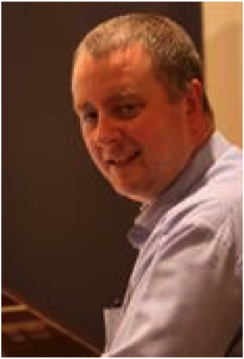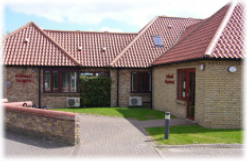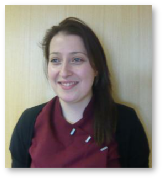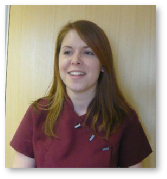





Current Site Adapted, Maintained & Hosted by DTKM from the Original “Methwold On The Net” site by Colin Marsland





Web Design & Hosting


Web Design & Hosting
Methwold.net uses Cookies to help us monitor, review and improve the site See Our Privacy Policy for details


ARTICLE 02/2012
Triage is a fairly new word to us. It’s the initial assessment of a situation. In surgeries it is now common for receptionists to undertake triage at a very basic level in order to save time and ensure the patient is seen by the right clinician as quickly as possible.
At Feltwell Surgery we have two receptionists, Rebecca Palfrey and Grace Allen, who have been trained in triage. They receive constant in-
Many patients are not fully aware of this training. The questions asked of a patient by a triage-
One of the main needs for triage is to make sure urgent cases get directed to the right specialist and this requires some basic questions. It’s a bit like going to the Supermarket and either spending a lot of time looking for what you want or going to the information desk to ask where it is kept and then going straight there. It saves time.
Patient privacy is paramount at all times. You may occasionally overhear an exchange of information about a patient but whenever possible patients will be referred to by their NHS number If a patient wants to talk more privately to the receptionist when phoning or visiting the surgery a separate room may be used to ensure greater privacy. You only have to ask.
The NHS is changing and we all have to evolve with it. Each surgery has a complex clinical team who specialise in various areas. The role of the Health Care Assistants, such as the triage receptionist, is to help support the nursing team more so that they in turn can support the doctors more. This ultimately frees up more GP time for complex conditions.
If the triage receptionist is in any doubt about how to prioritise a patient they can call on a full clinical team. They have various protocols and guidelines to follow to make sure that a patient’s care is never compromised. In fact quite a few patients have phoned to make a routine appointment with a GP and after a few basic triage questions, the reception team have identified the need for an urgent assessment and booked an urgent appointment accordingly.
So – to reiterate – there is a need for patients to be triaged in order for them to get the quickest and most appropriate attention. However, if you do not want to be triaged -
Toni Arthur-





